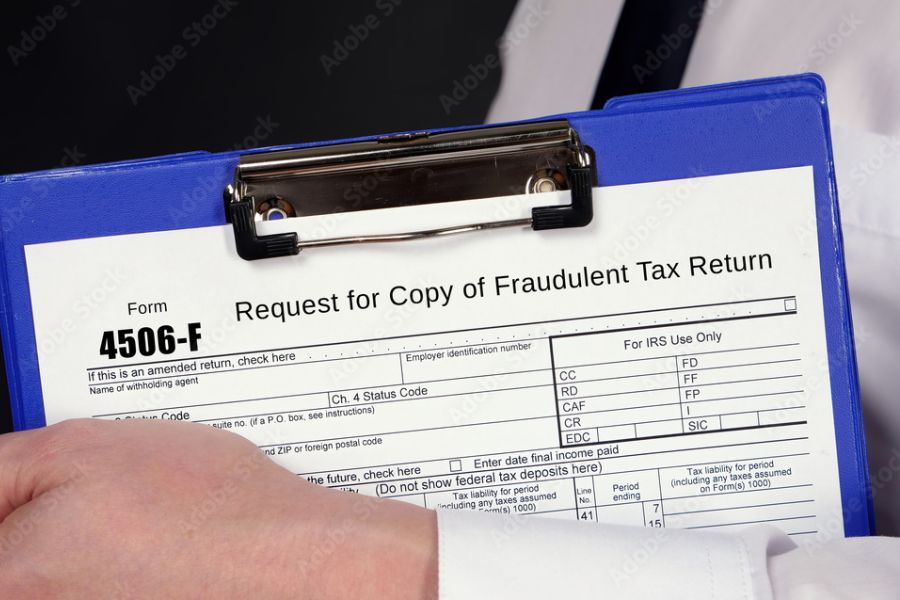If you donate valuable items to charity, you may be required to get an appraisal. The IRS requires donors and charitable organizations to supply certain information to prove their right to deduct charitable contributions. If you donate an item of property (or a group of similar items) worth more than $5,000, certain appraisal requirements apply. You must: Get a “qualified appraisal,” Receive the qualified appraisal before your tax return is due, Attach an “appraisal summary” to the first tax return on which the deduction is claimed, Include other information with the return, and Maintain certain records. Keep these definitions in mind. A qualified appraisal is a complex and detailed document. It must be prepared and signed by a qualified appraiser. An appraisal summary is a summary of a...

Like many people, you may have dreamed of turning a hobby into a regular business. You won’t have any tax headaches if your new business is profitable. But what if the new enterprise consistently generates losses (your deductions exceed income) and you claim them on your tax return? You can generally deduct losses for expenses incurred in a bona fide business. However, the IRS may step in and say the venture is a hobby — an activity not engaged in for profit — rather than a business. Then you’ll be unable to deduct losses. By contrast, if the new enterprise isn’t affected by the hobby loss rules because it’s profitable, all otherwise allowable expenses are deductible on Schedule C, even if they exceed income from the...
In some cases, homeowners decide to move to new residences, but keep their present homes and rent them out. If you’re thinking of doing this, you’re probably aware of the financial risks and rewards. However, you also should know that renting out your home carries potential tax benefits and pitfalls. You’re generally treated as a regular real estate landlord once you begin renting your home. That means you must report rental income on your tax return, but also are entitled to offsetting landlord deductions for the money you spend on utilities, operating expenses, incidental repairs and maintenance (for example, fixing a leak in the roof). Additionally, you can claim depreciation deductions for the home. You can fully offset rental income with otherwise allowable landlord deductions. Passive activity...
The tax filing deadline for 2021 has passed. Now that your tax return has been successfully filed with the IRS, there may still be some issues to bear in mind. Here are three considerations: 1. You can throw some tax records away now You should hang onto tax records related to your return for as long as the IRS can audit your return or assess additional taxes. The statute of limitations is generally three years after you file your return (four years for California). So you can generally get rid of most records related to tax returns for 2018 and earlier years. (If you filed an extension for your 2018 return, hold on to your records until at least three years from when you filed the extended...
If you’re an investor in mutual funds or you’re interested in putting some money into them, you’re not alone. According to the Investment Company Institute, a survey found 58.7 million households owned mutual funds in mid-2020. But despite their popularity, the tax rules involved in selling mutual fund shares can be complex. What are the basic tax rules? Let’s say you sell appreciated mutual fund shares that you’ve owned for more than one year, the resulting profit will be a long-term capital gain. As such, the maximum federal income tax rate will be 20%, and you may also owe the 3.8% net investment income tax. However, most taxpayers will pay a tax rate of only 15%. When a mutual fund investor sells shares, gain or loss is measured...
Traditional IRAs and Roth IRAs have been around for decades and the rules surrounding them have changed many times. What hasn’t changed is that they can help you save for retirement on a tax-favored basis. Here’s an overview. Traditional IRAs You can make an annual deductible contribution to a traditional IRA if: You (and your spouse) aren’t active participants in employer-sponsored retirement plans, or You (or your spouse) are active participants in an employer plan, and your modified adjusted gross income (MAGI) doesn’t exceed certain levels that vary annually by filing status. For example, in 2022, if you’re a joint return filer covered by an employer plan, your deductible IRA contribution phases out over $109,000 to $129,000 of MAGI ($68,000 to $78,000 for singles). Deductible IRA contributions reduce your...
Summer is just around the corner. If you’re fortunate enough to own a vacation home, you may wonder about the tax consequences of renting it out for part of the year. The tax treatment depends on how many days it’s rented and your level of personal use. Personal use includes vacation use by your relatives (even if you charge them market rate rent) and use by non-relatives if a market rate rent isn’t charged. If you rent the property out for less than 15 days during the year, it’s not treated as “rental property” at all. In the right circumstances, this can produce significant tax benefits. Any rent you receive isn’t included in your income for tax purposes (no matter how substantial). On the other hand, you...
In Fact Sheet 2022-25, the IRS has provided information about how taxpayers should handle non-tax and tax-related identity theft. When a taxpayer believes their personal information is being used to file fraudulent tax returns, they should submit a Form 14039, Identity Theft Affidavit, to the IRS. But in most cases, taxpayers do not need to complete this form. Only victims of tax-related identity theft should submit the Form 14039, and only if they haven't received certain letters from the IRS. All taxpayers can request an Identity Protection Personal Identification Number (IP PIN) using the Get An Identity Protection PIN (IP PIN) tool on IRS.gov to protect themselves from becoming a victim of tax-related identity theft. What is tax-related identity theft? Tax-related identity theft occurs when someone uses a taxpayer's...
Once a relatively obscure concept, “income in respect of a decedent” (IRD) may create a surprising tax bill for those who inherit certain types of property, such as IRAs or other retirement plans. Fortunately, there may be ways to minimize or even eliminate the IRD tax bite. Basic rules For the most part, property you inherit isn’t included in your income for tax purposes. Items that are IRD, however, do have to be included in your income, although you may also be entitled to an IRD deduction on account of them. What’s IRD? It is income that the decedent (the person from whom you inherit the property) would have taken into income on his or her final income tax return except that death interceded. One common IRD item...
Despite the robust job market, there are still some people losing their jobs. If you’re laid off or terminated from employment, taxes are probably the last thing on your mind. However, there are tax implications due to your changed personal and professional circumstances. Depending on your situation, the tax aspects can be complex and require you to make decisions that may affect your tax picture this year and for years to come. Unemployment and severance pay Unemployment compensation is taxable, as are payments for any accumulated vacation or sick time. Although severance pay is also taxable and subject to federal income tax withholding, some elements of a severance package may be specially treated. For example: If you sell stock acquired by way of an incentive stock option...











